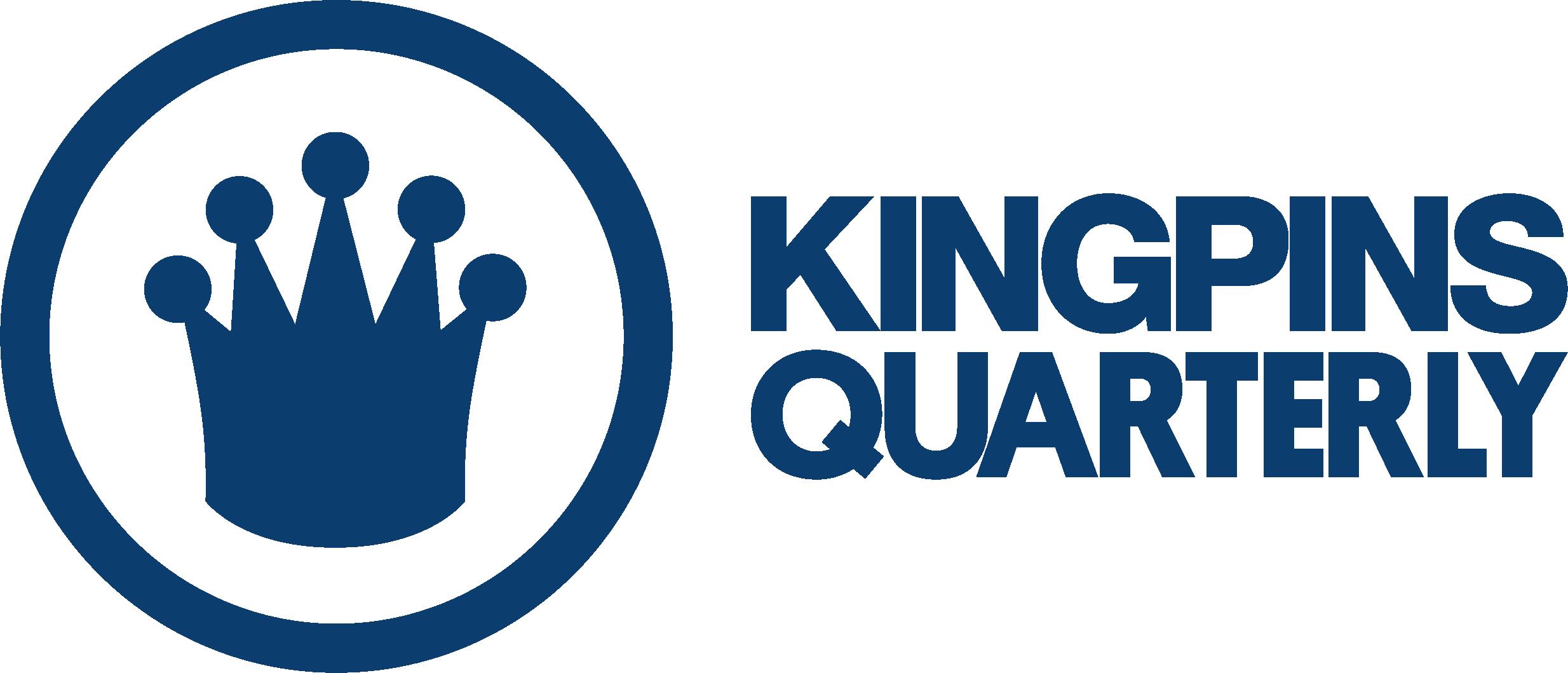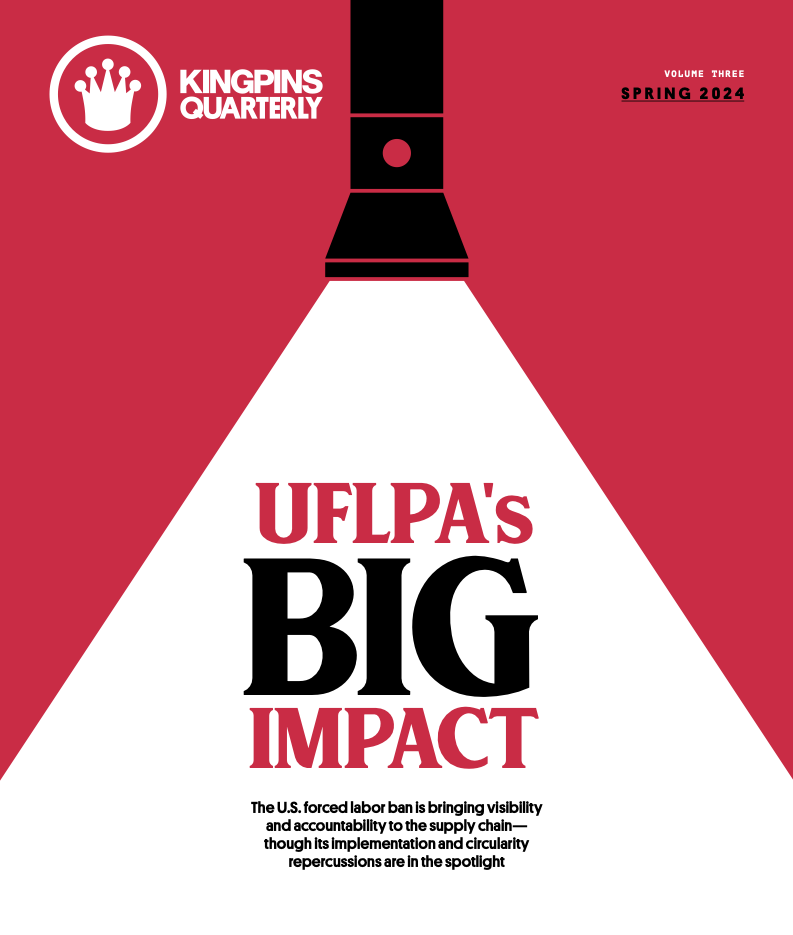Calik Denim is committed to reducing the textile industry’s waste problem. The Turkish denim mill’s innovations give new life to recycled fibers, produce yarns that biodegrade quickly and create finishing that extends clothing life.
Calik’s commitment to sustainability is perfectly aligned with the slate of new environmental protection regulations coming from both the EU and U.S.
The EU has put forth recommendations for textiles to be more durable and easier to reuse, repair and recycle, and it will likely revise the EU’s Waste Framework Directive to include specific targets for textile waste prevention, collection, reuse and recycling. Meanwhile, legislators in the U.S. have unveiled similar bills at the state level. The NY Fashion Act would require companies to map their supply chains, set and meet emissions reductions in line with the Paris Agreement and work with suppliers to manage their chemical use. In California, the Responsible Textile Recovery Act is designed to require fashion to establish a stewardship program for the collection and recycling of their products, mirroring the extended producer responsibility rules enacted in the Netherlands, France and Sweden.
Against this backdrop, Calik will highlight its B210 and RE/J concepts at this month’s Kingpins show.
The B210 technology, which represents years of R&D, ensures garments will reach more than 99 percent biodegradation in just 210 days, a number it has verified using ASTM’s Standard Test Method for Determining Anaerobic Biodegradation of Plastic Materials Under High-Solids Anaerobic-Digestion Conditions. B210 is applied in the yarn and finishing process and can be combined with synthetic fibers, as well as all of Calik Denim’s stretch technologies, with no impact on elasticity. Furthermore, the more times the end consumer washes a B210 garment, the faster the item will eventually biodegrade.
In the denim fabric industry, there is a demand for recycled cotton due to sustainability awareness among consumers and brands. Circular economy initiatives, consumer preferences for recycled materials, and industry collaboration contribute to the adoption of recycled cotton. Technological innovations, traceability systems and blending techniques are advancing the use of recycled cotton in denim production.
RE/J is Calik’s answer to the growing demand for recycled fibers, as the industry looks for ways to reduce its environmental impact. Manufactured on an open-end spinning system with both pre- and post-consumer recycled cotton, it can combine with fibers like Lycra EcoMade and Lycra T400 EcoMade, as well as Lenzing’s Refibra technology. Calik offers its RE/J concept across a range of styles, including lighter-weight options, rigid articles and comfort stretch fits. All RE/J fabrics are also created with Calik’s Dyepro technology, which eliminates the use of water in indigo dyeing and prevents chemical waste.
In addition to utilizing circular materials, Calik is giving end consumers reason to hold onto their garments longer with E-Last. The finishing process promises a flawless premium look, with garments fitting like the first time every time. The technology boosts durability by ensuring clothes don’t develop a baggy and saggy look over time while also preventing puckering. On the manufacturing side, E-Last boasts an almost 0 percent weft shrinkage rate, which reduces time and labor by eliminating the need for the pattern optimization and conditioning time in pattern laying needed for conventional fabrics.
A key component of many of the pending sustainability regulations will be accurate data collection and reporting. To provide its clients with the visibility they need into its resource and energy usage, Calik communicates transparently and efficiently through its customers’ preferred platforms. Additionally, the mill developed its Transparency Monitoring System in 2019 as a central resource to monitor and measure inputs in production and optimize resource use in the production process. The online tracking system also identifies and categorizes the most sustainable energy types through continuous monitoring.
After the earthquake in Turkey, the country has demonstrated resilience and recovery, with the denim sector addressing human resource challenges through government and company measures. Supply chain partners can assist industries post-natural disasters through collaboration, assessing disruptions, financial and logistical support, technology adoption, and long-term planning.
Visit Calik in booth Yellow 21




